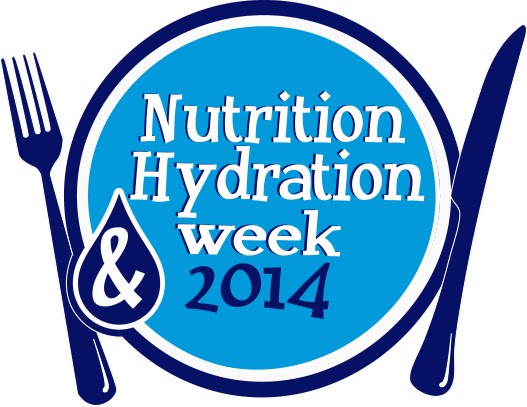Nutrition and Hydration Week Part 3

In an ideal world...... all our underweight patients would be eating all their meals, drinking at least 2000 mls a day and have put on weight by the end of their hospital stay! In some cases, that happens and it's great but unfortunately in many incidents, that is not even close to the result. What can we do when despite all our efforts, our patients don't want hardly anything? We watch them losing weight despite all our pleading, begging and the doctors asking us to "encourage oral intake". Firstly, we can talk to them and find out what is stopping them. Occasionally we discover medical reasons behind it such as "I get horrible heartburn when I eat", "I feel like I have a lump in my chest and food won't go down", "I feel too full", "I can't chew, it hurts". Here we have possible examples of acid reflux, oesophageal problems, constipation or mouth ulcers. These can often be resolved with medical interventio...
.jpg)
.jpg)